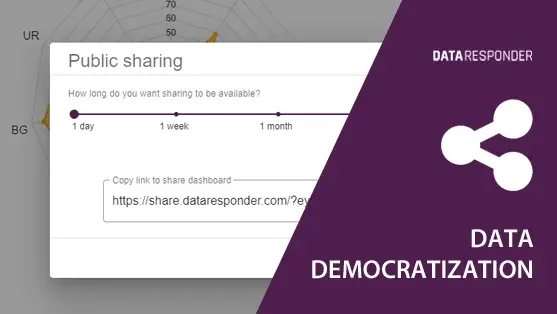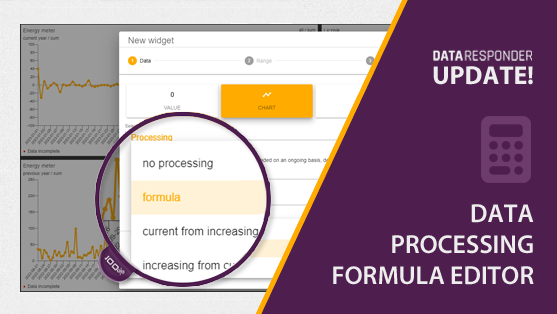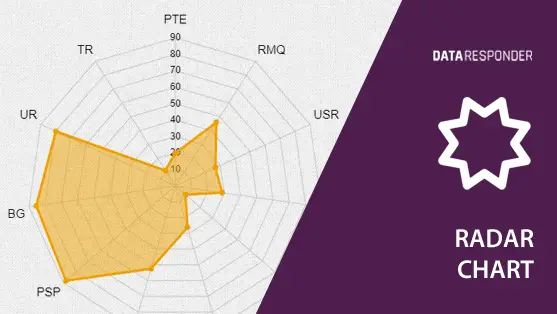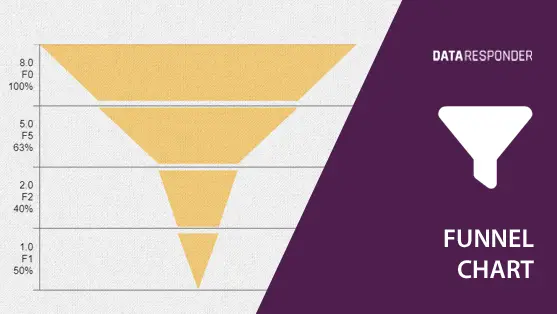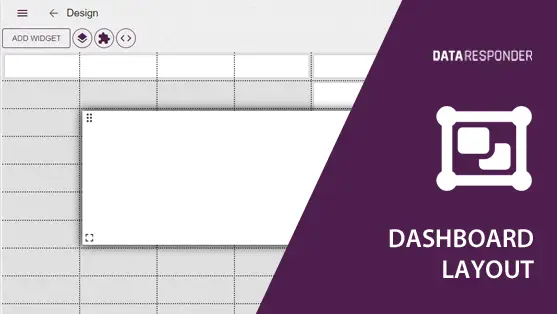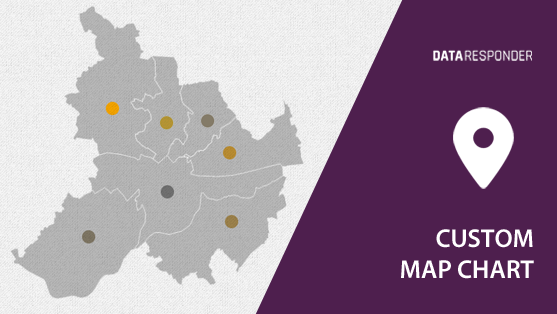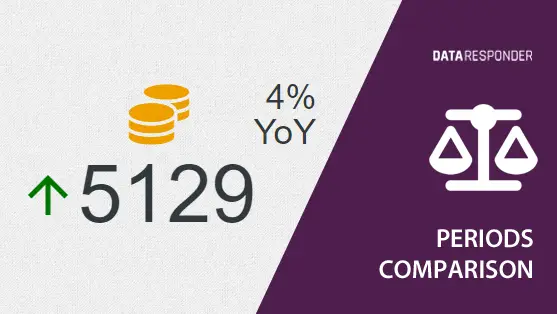Introduction
In today’s information-saturated world, data has become a crucial asset for contemporary businesses. Data democratization is increasingly becoming a key component of many organizations’ business strategies. But what exactly does data democratization mean, and what benefits can it bring to businesses?
Understanding Data democratization
Data democratization refers to the process of making data and data analysis tools accessible to non-expert users across an organization. The goal is to ensure that every employee, regardless of their position or experience, has the ability to access information and use it for decision-making.
The benefits of Data democratization
Data democratization offers several advantages:
- Faster Decision-Making: When employees at all levels have access to data, they can make decisions based on facts, not just intuition.
- Increased Innovation: Access to data can inspire employees to create new business solutions and approaches.
- Enhanced Employee Engagement: When employees feel they have a stake in decision-making processes, they are more engaged in their work.
- Improved Efficiency: With the right analytical tools, employees can quickly identify issues and seek efficient solutions.
How to implement Data democratization in your company
To effectively democratize data, companies should:
- Provide the Right Tools: Many user-friendly Business Intelligence (BI) tools do not require specialized knowledge.
- Offer Training and Support: Training employees in data analysis is key to successful data democratization.
- Ensure Data Quality: Data must be accurate and up-to-date. Implementing data quality management systems is crucial.
- Promote a Data-Driven Culture: Encourage employees to use data in their daily work and promote a culture of data-based decision-making.
Sharing Data across your organization
In addition to sharing dashboards in Data Responder, it’s vital to share raw data in formats like CSV and JSON, which allow for broader and more flexible use:
- CSV Files: Share large datasets that can be easily manipulated in spreadsheet software, suitable for general data analysis needs.
- JSON Files: Best for sharing more complex data structures that include nested or hierarchical relationships.
Conclusion
Data democratization not only facilitates improved decision-making but also boosts efficiency, innovation, and employee engagement. By empowering employees with data access and analysis tools, companies can become more competitive, innovative, and effective in the digital age.

